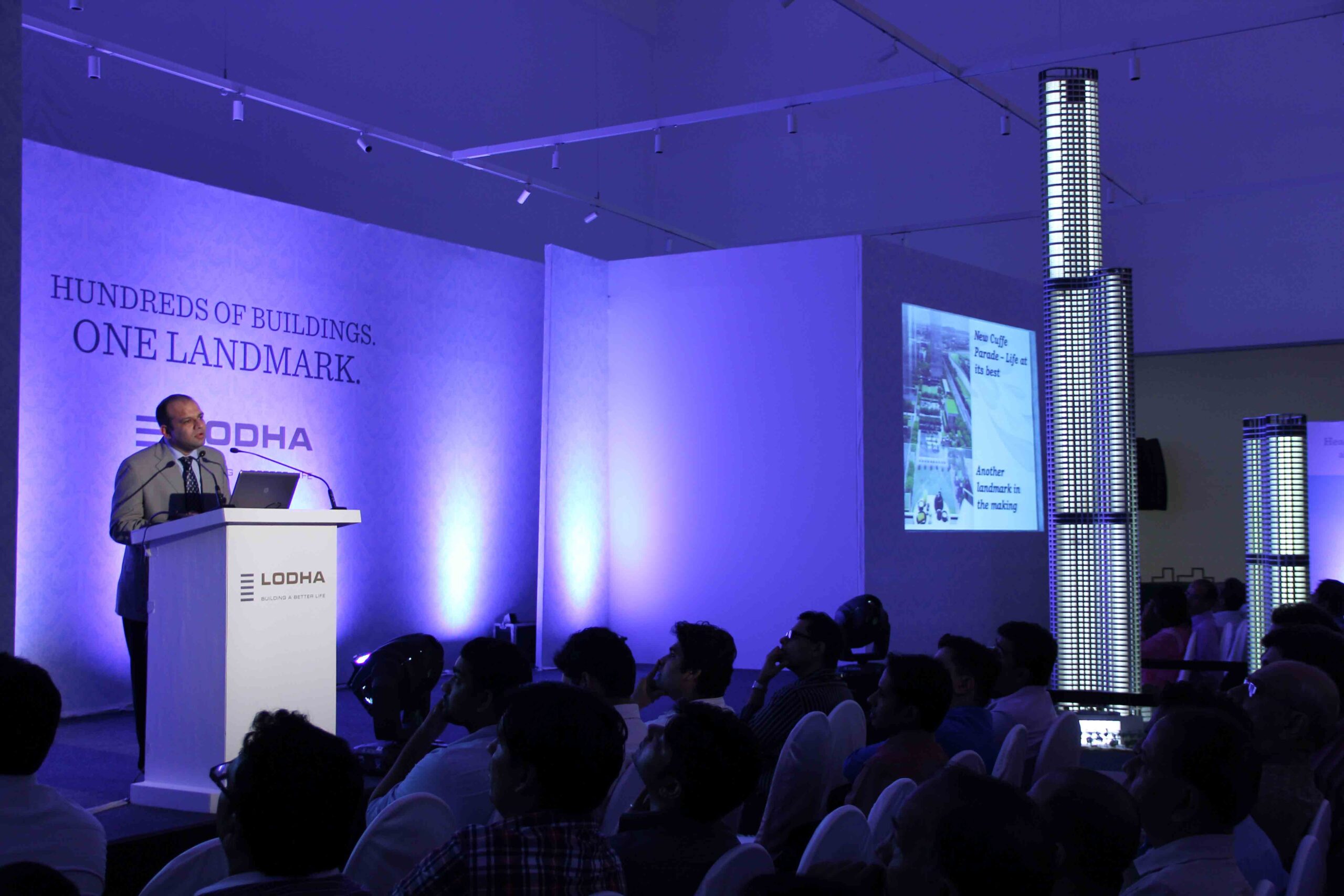Advertisements are an immensely vital part of any promotional strategy, or one can also believe that promotional strategies majorly consist of advertisements. So, making your advertisements impressive and striking plays an important role in any promotional strategy. Your adverts need to be bold, imposing, communicating, attention seeking, memorable and on and on the list will go. So, what exactly makes someone remember an add? Or a brand from a certain advertisement with a very melodic jingle?
Well, it has more than the exterior and every advert needs an in-dept study of the customer profile’s needs, wants and innate desires. Advertisements target these three things by understanding the customers perspective and demands and framing them such that they allure the audience.
Ever seen as advertisement that you liked very much? Or an advert that makes you curiously attracted to it or that simply makes a striking impression on you? More often that not it happens so because those advertisements target and evoke a certain thought in you or provoke a response from you. All of this happens because they make their advertisements appealing in a particular manner targeting a single desire that their product means to fulfil.
Let’s go in some depth.
A successful advertisement requires more than just conveying your business’ message to your audience. It is more about the manner in which you communicate with your audience than the message itself. Advertisement appeals are an advertising strategy to receive and target a certain response from the masses. Every advert is framed to get a particular response from the audience after a deliberate study of the target profile. All psychological emotional aspects considered; advertisements use different kinds of appeals to attract their audience.
There are seven different kinds of appeals and we are going to take you through them one by one.
- Emotional Appeal – This is where advertisements have an emotional touch to them to form a connection with the audience. These adverts aim to obtain an emotional response from the audience and customers. You can use any positive or negative emotions to pursue the customers and using emotions rather than stating facts is always going to be more useful.
- Sexual Appeal – The sizzling chemistry and undeniable sexual attraction to others has not been left out by marketers. This is where the products are promoted by using sexual attraction to make the product more interesting or to showcase the features of the product. Take for example the Wildstone deodorant adverts, they generally use sexual appeal to highlight their product features where a man uses the product and women are attracted to him.
- Fear Appeal – Using fear to make the advertisements more imposing and making the audience understand the product or service attributes is a very widely used marketing tactic. This appeal focuses on effects of using or not using a particular product and increases the sales by ingraining fear in the masses.
- Humour Appeal – Humour is an aspect which can never be left behind and certainly not in marketing. Humour appeal is where the adverts attract the audience by adding funny scenarios and creating humour. When humour is creatively crafted to showcase the product features, it ensures brand recollection and recognition immensely.
- Musical Appeal – Music has become a very important part of our daily life and realizing this, marketing industry came up with music appeal to allure the audience. Adding a very memorable and cheery tune to your advertisements make the audience remember your brand from that melody. This increases your brand recollecting and helps in forming an unforgettable brand image.
- Scarcity Appeal – When there is a scarcity of something, the sales immediately increase. This is because the masses want to stock things up before they run out. Marketing uses the same fundamental at times where they curate an advert showing a scarcity of the product or how only a few of them are remaining. This is termed as Scarcity Appeal.
- Rational Appeal – This appeal convinces the audience to purchase a certain product by eliciting and appealing to their logic and reasoning. It makes the purchasing of the product seem like the most plausible and necessary.






Leave A Comment